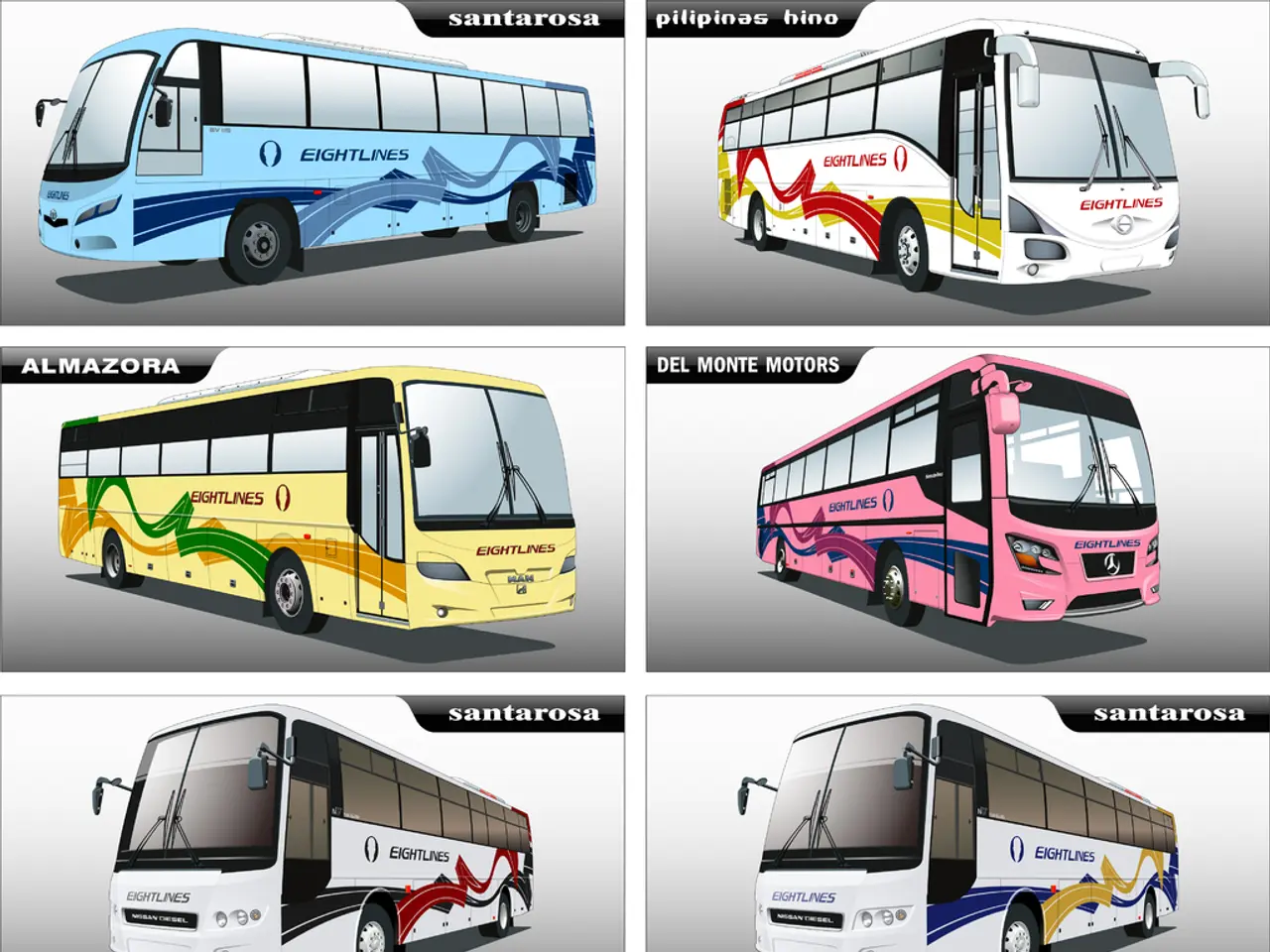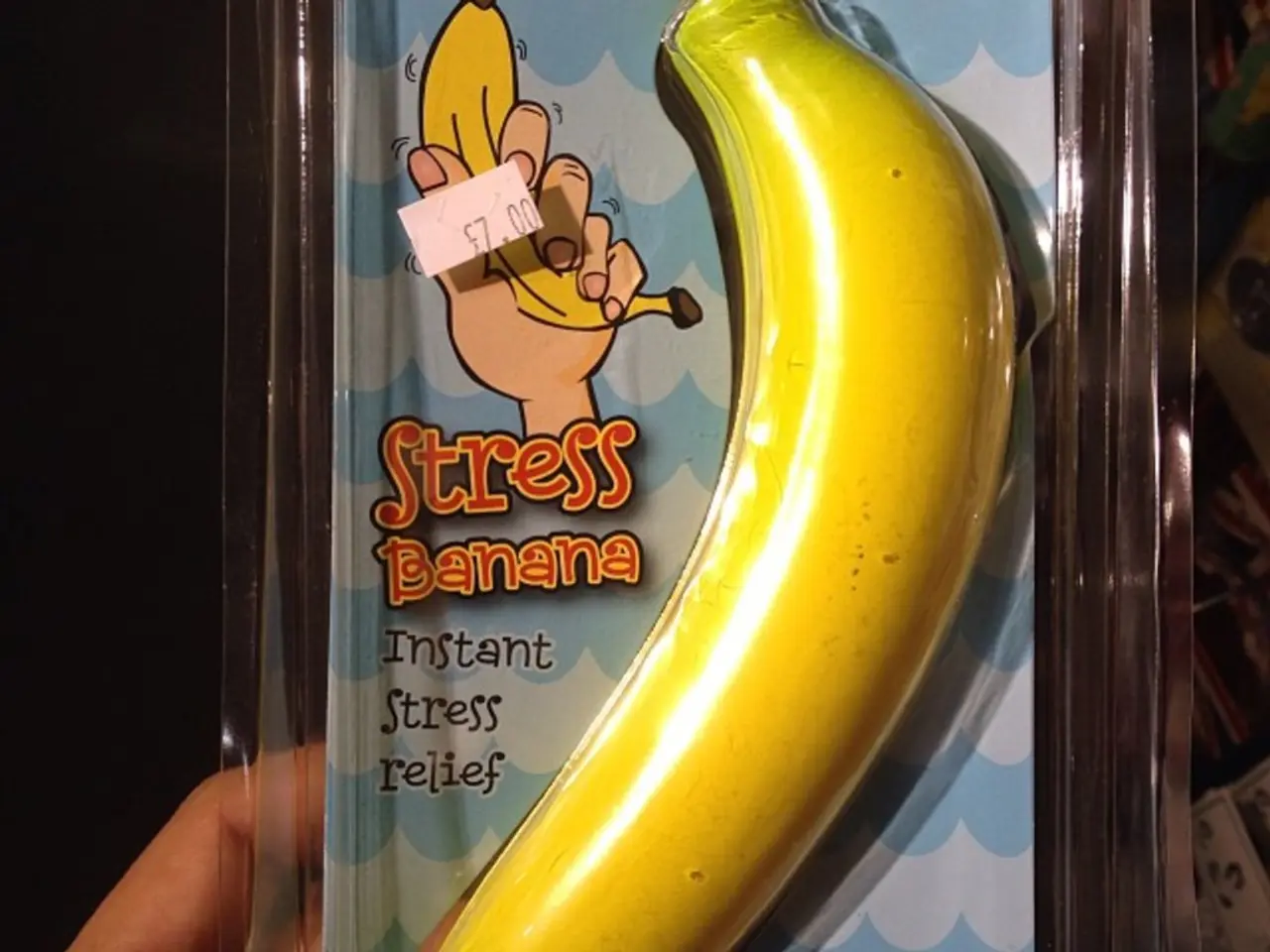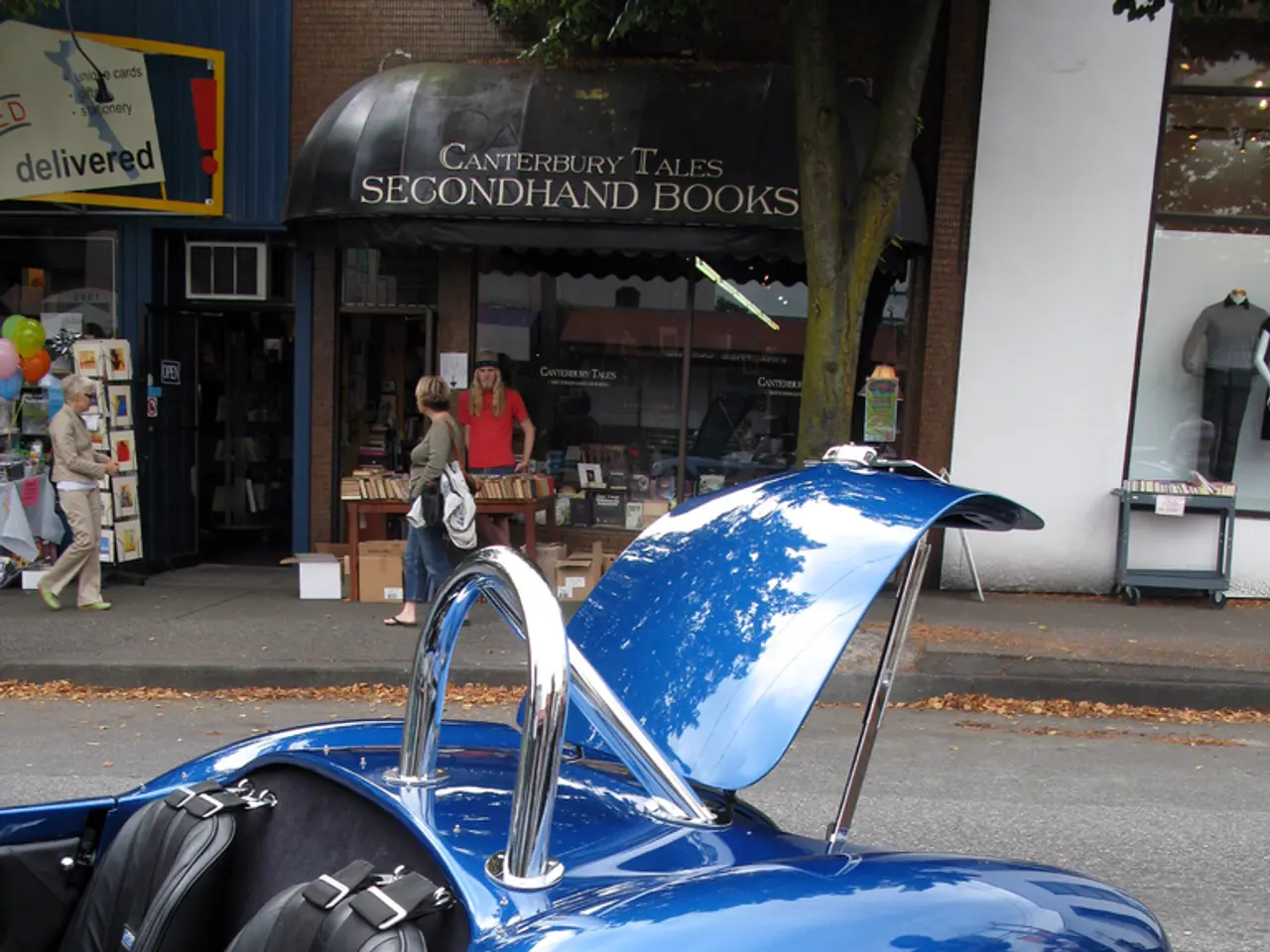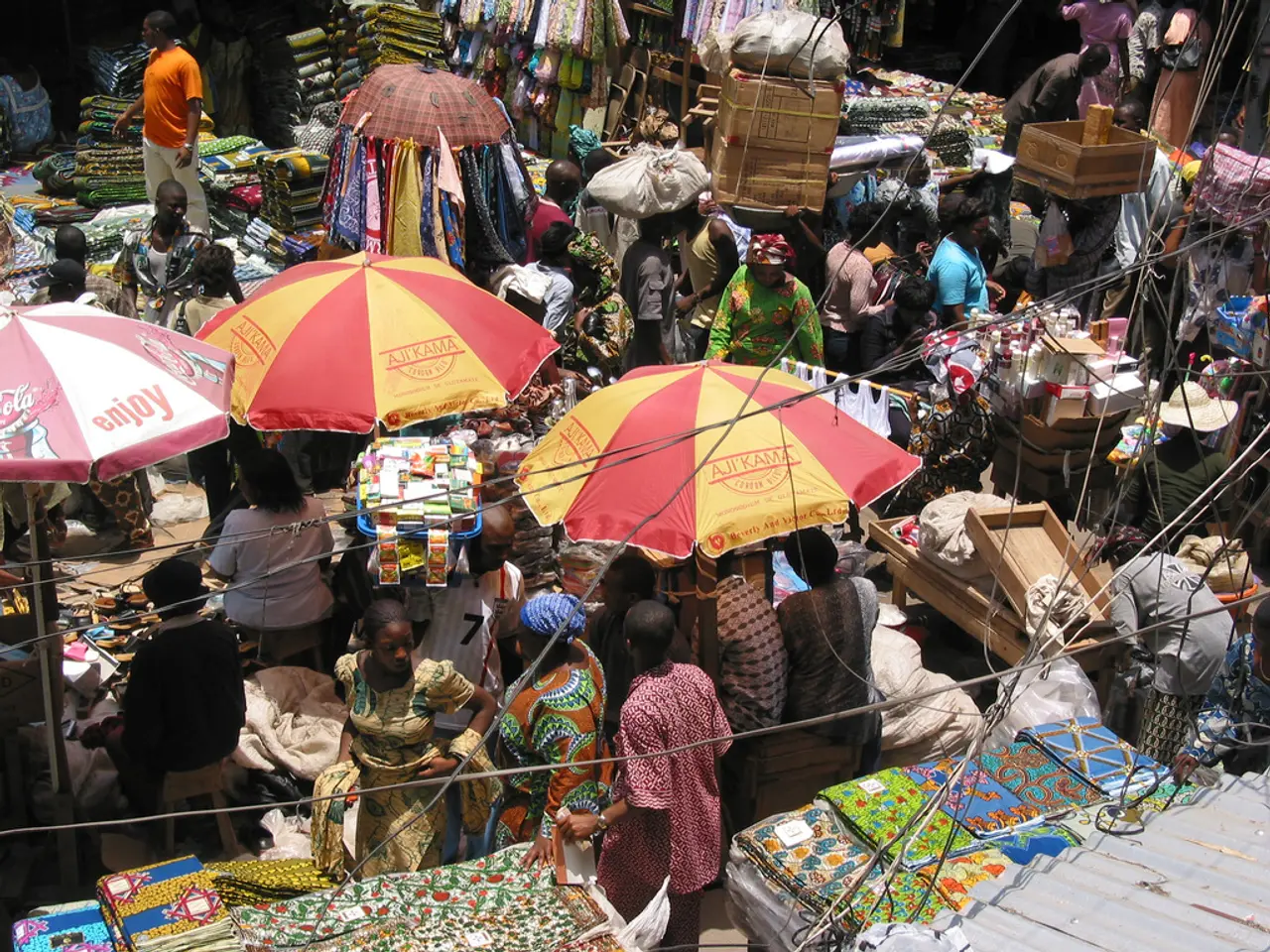Approval Granted for Maximum Train Fare in Bangkok's B20 Project
In an effort to promote public transportation, reduce traffic congestion, and lower pollution levels in Bangkok, the Thai government has approved a plan to cap train fares at 20 baht across all electric train lines in Greater Bangkok. The policy, set to begin on October 1, 2025, is part of a broader strategy that includes the establishment of a Joint Ticketing Promotion Fund to compensate operators for the lost revenue due to the reduced fare structure.
The new fare system will offer a significant convenience to commuters, as they will be able to use QR codes from their bank apps for a more flexible and streamlined travel experience. Thai nationals can register through the government's Tang Rat app to access the discounted fare, which is exclusive to them. Registration, which begins in August, requires verification with a 13-digit citizen ID number.
The policy covers a comprehensive network of train lines, including the Green, Gold, Yellow, Pink, Blue, Purple, Red Lines, and the Airport Rail Link, encompassing both elevated and underground systems. Commuters who register must link either their Rabbit prepaid cards or an EMV contactless credit card to the Tang Rat app, depending on the routes they use.
The discounted fare is intended to help commuters reduce travel costs and encourage car drivers to switch to mass transit. Some routes, such as the Purple Line, are directly controlled by the Mass Rapid Transit Authority (MRTA) and are commissioned to be run by SET-listed Bangkok Expressway and Metro Co. Most mass transit lines are operated under concessions granted by the Bangkok Metropolitan Administration and the MRTA.
The Joint Ticketing Promotion Fund, designed to compensate operators for their losses, is expected to receive an estimated 8 billion baht from the MRTA's profits and state coffers. However, the specific structure and operation of the fund are not extensively outlined in the available information.
The benefits of the 20-baht flat fare policy will be assessed one year after its launch. It is anticipated that this policy could save the country 10 billion baht a year in terms of fuel expenses and costs of damage from road accidents and combatting pollution.
For foreign commuters, posted fares in excess of 20 baht will still apply where applicable. The 20-baht flat fare currently applies to the Red and Purple electric train lines, while fares on other mass-transit systems vary by distance, ranging from 17 to 43 baht on MRT routes and 15 to 62 baht on the BTS Skytrain system.
In conclusion, the new 20-baht train fare cap policy, along with the Joint Ticketing Promotion Fund, aims to make public transportation more accessible and affordable for Thai nationals, while encouraging a shift towards more eco-friendly commuting options. For more detailed information on the Joint Ticketing Promotion Fund's structure, such as its funding sources or specific compensation mechanisms, additional official sources or government announcements would be necessary.
The new 20-baht train fare policy, coupled with the Joint Ticketing Promotion Fund, aims to provide a more affordable and accessible transportation option for Thai nationals, promoting a shift towards mass transit. This policy is expected to benefit the industry and finance sectors, as it could save the country billions in fuel expenses and pollution control costs annually.




